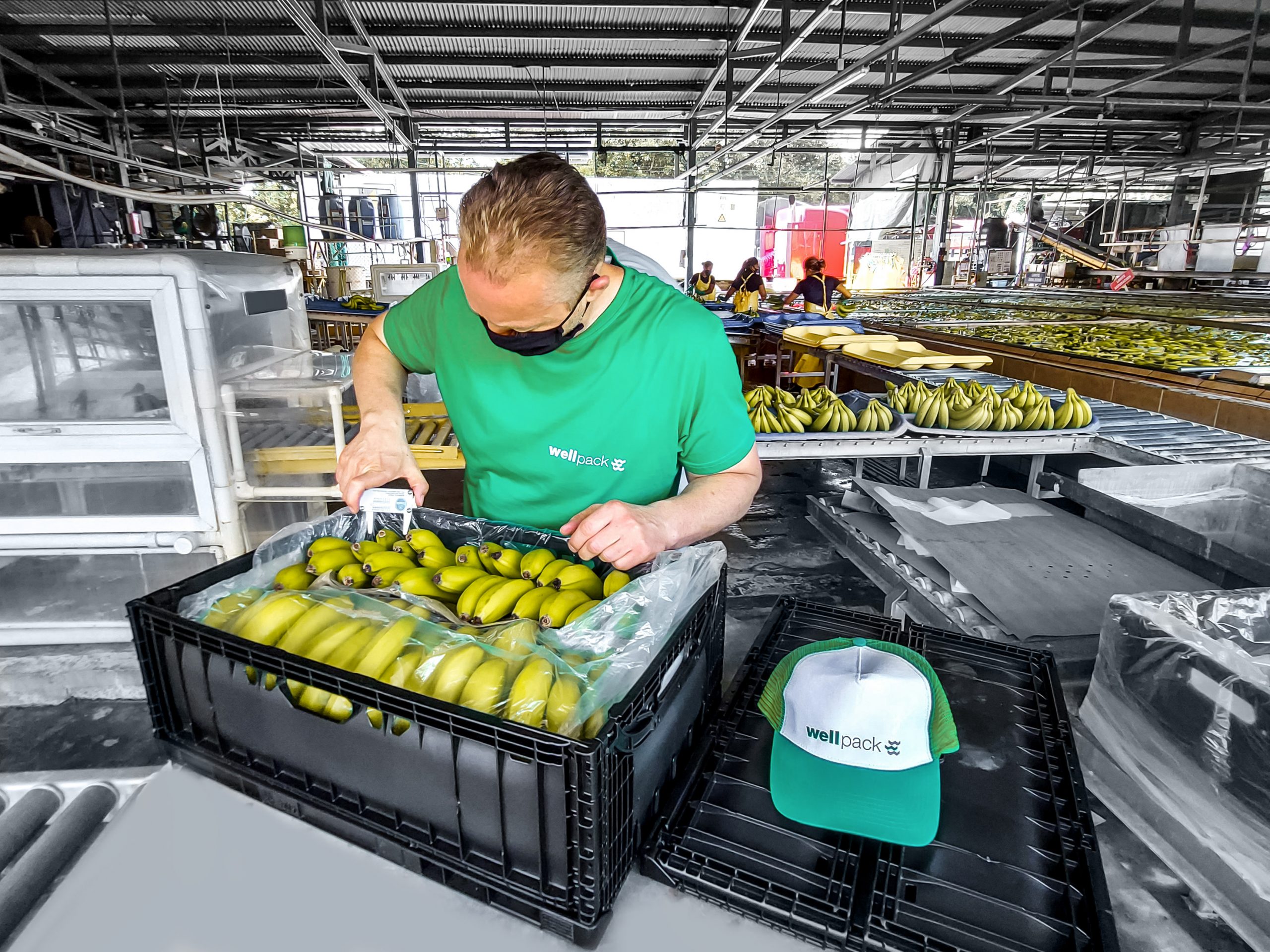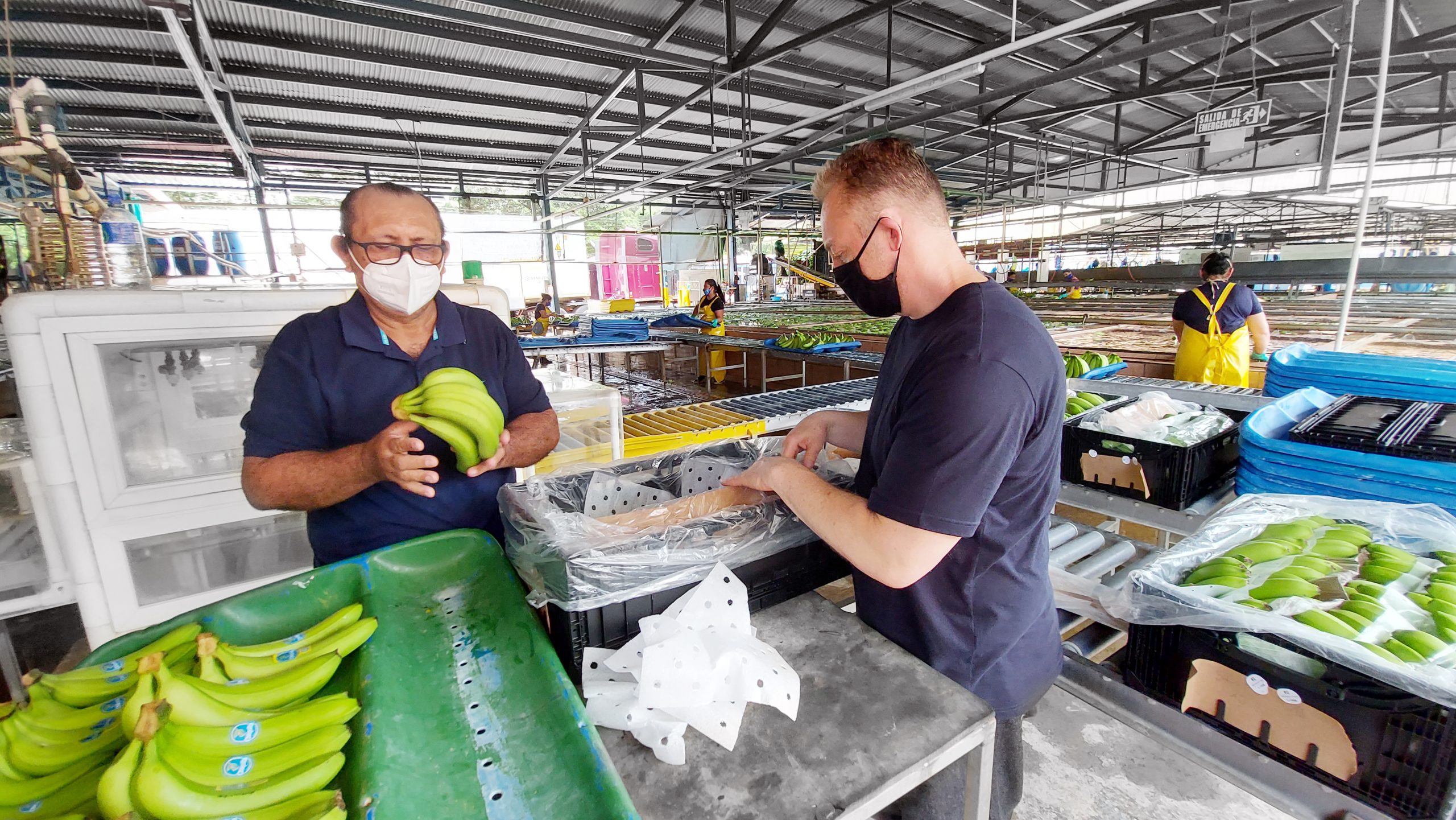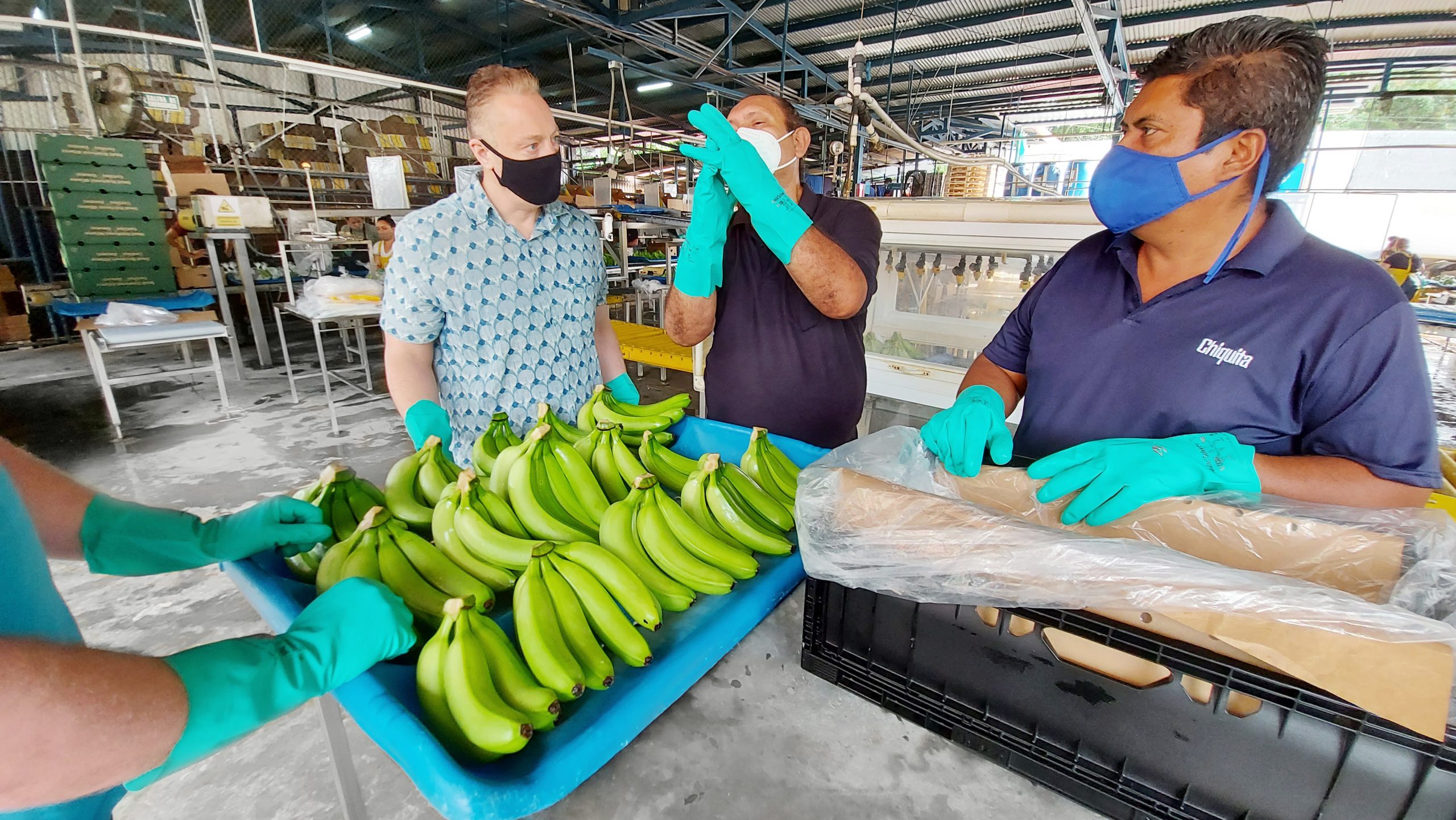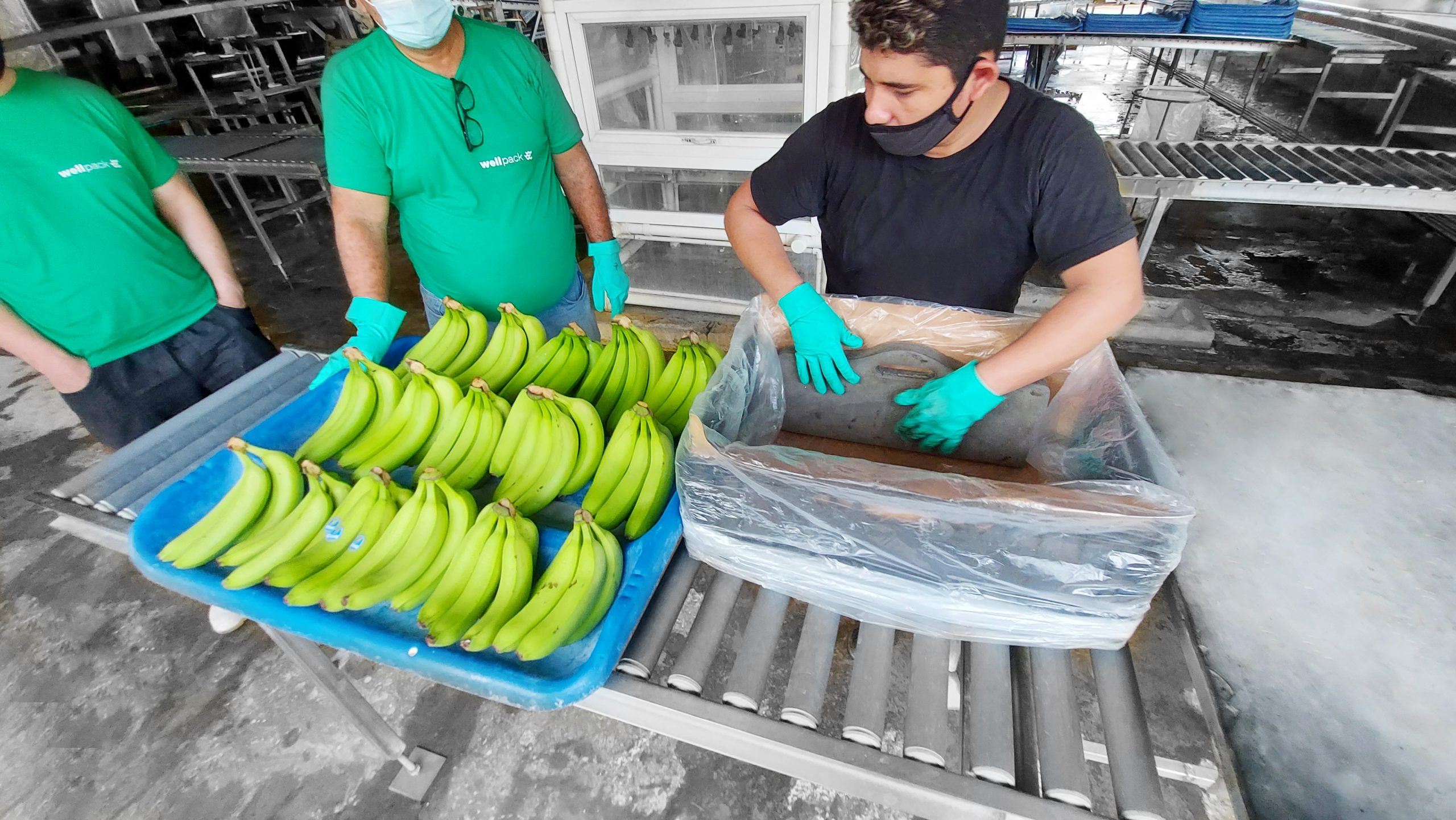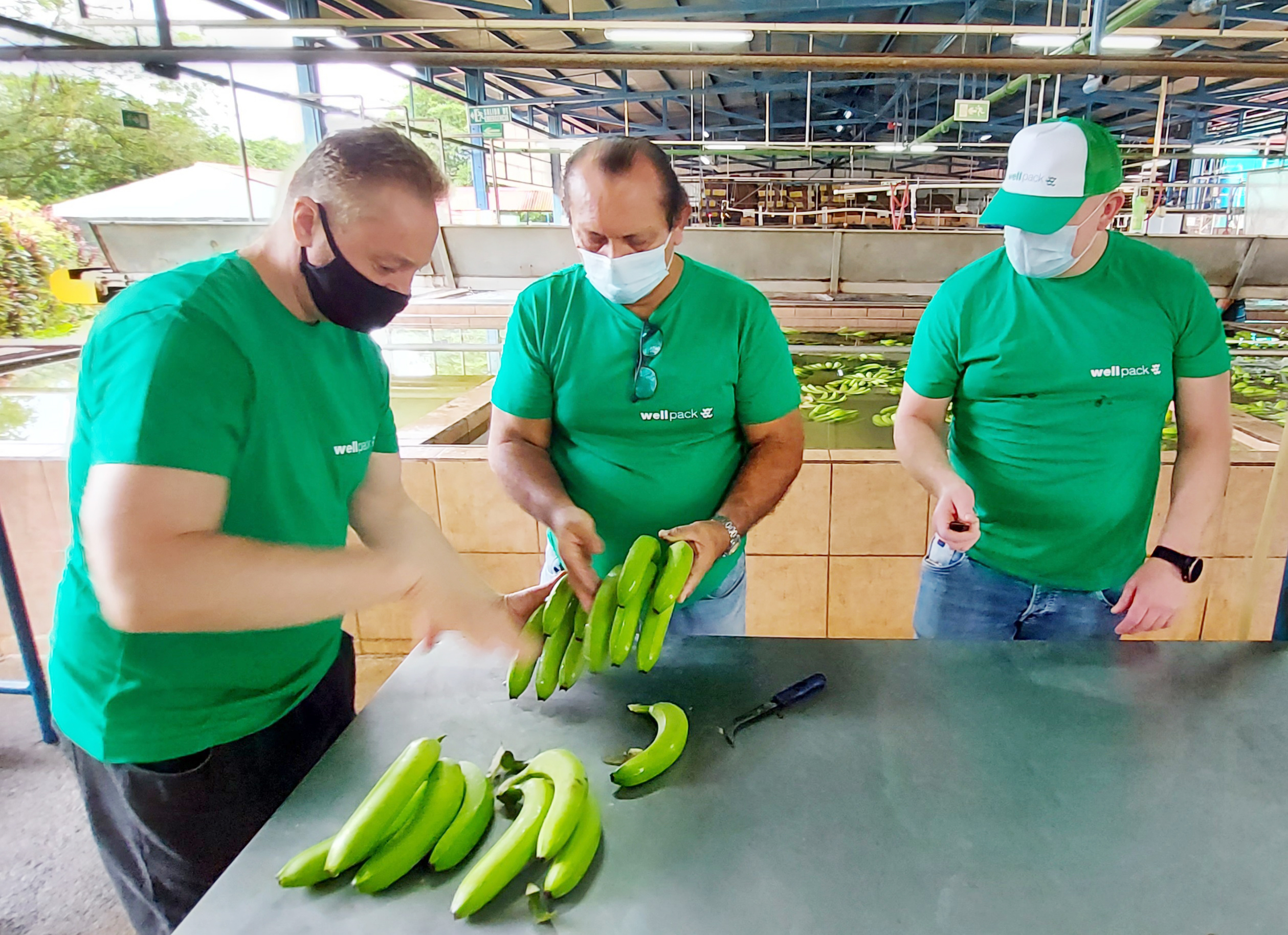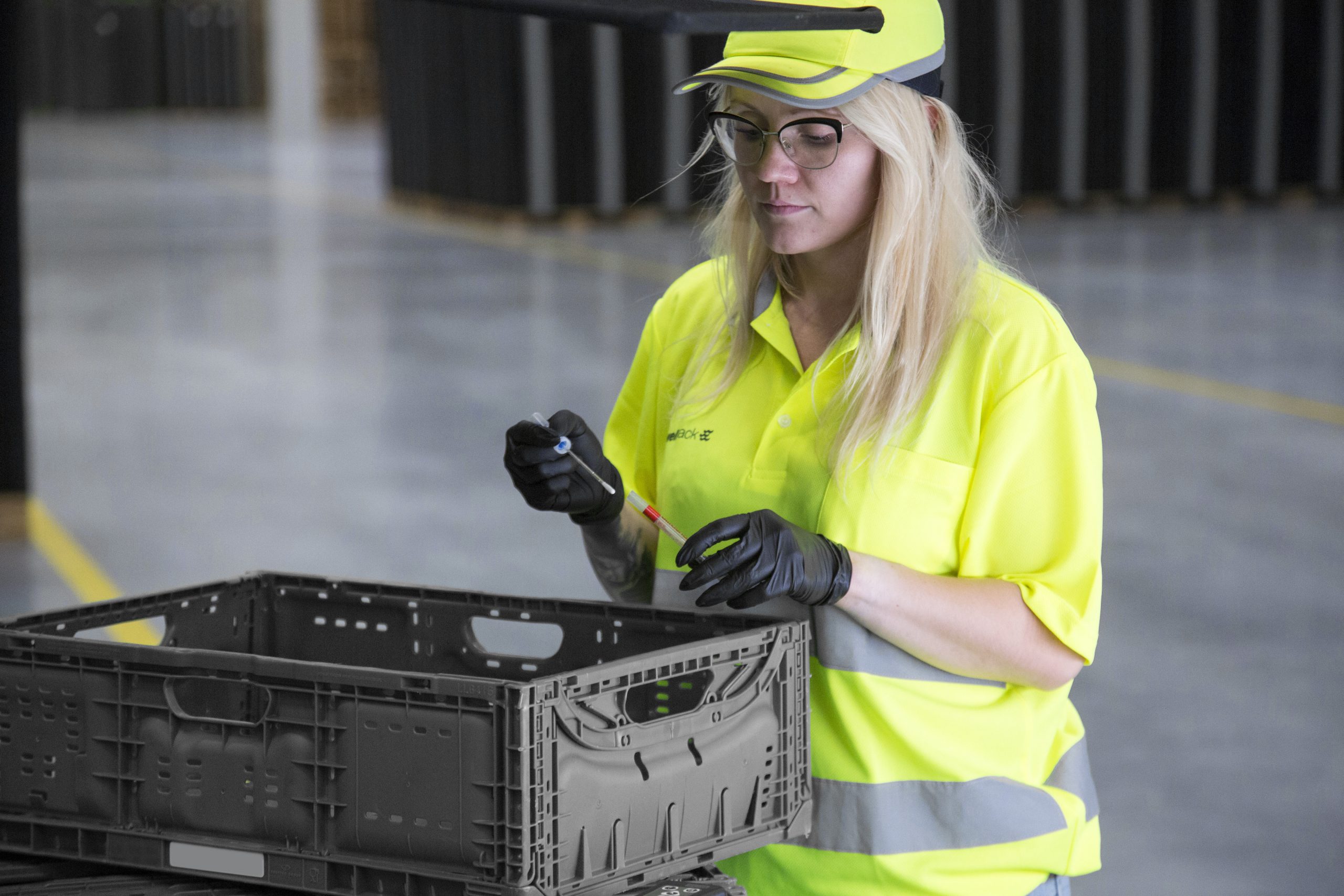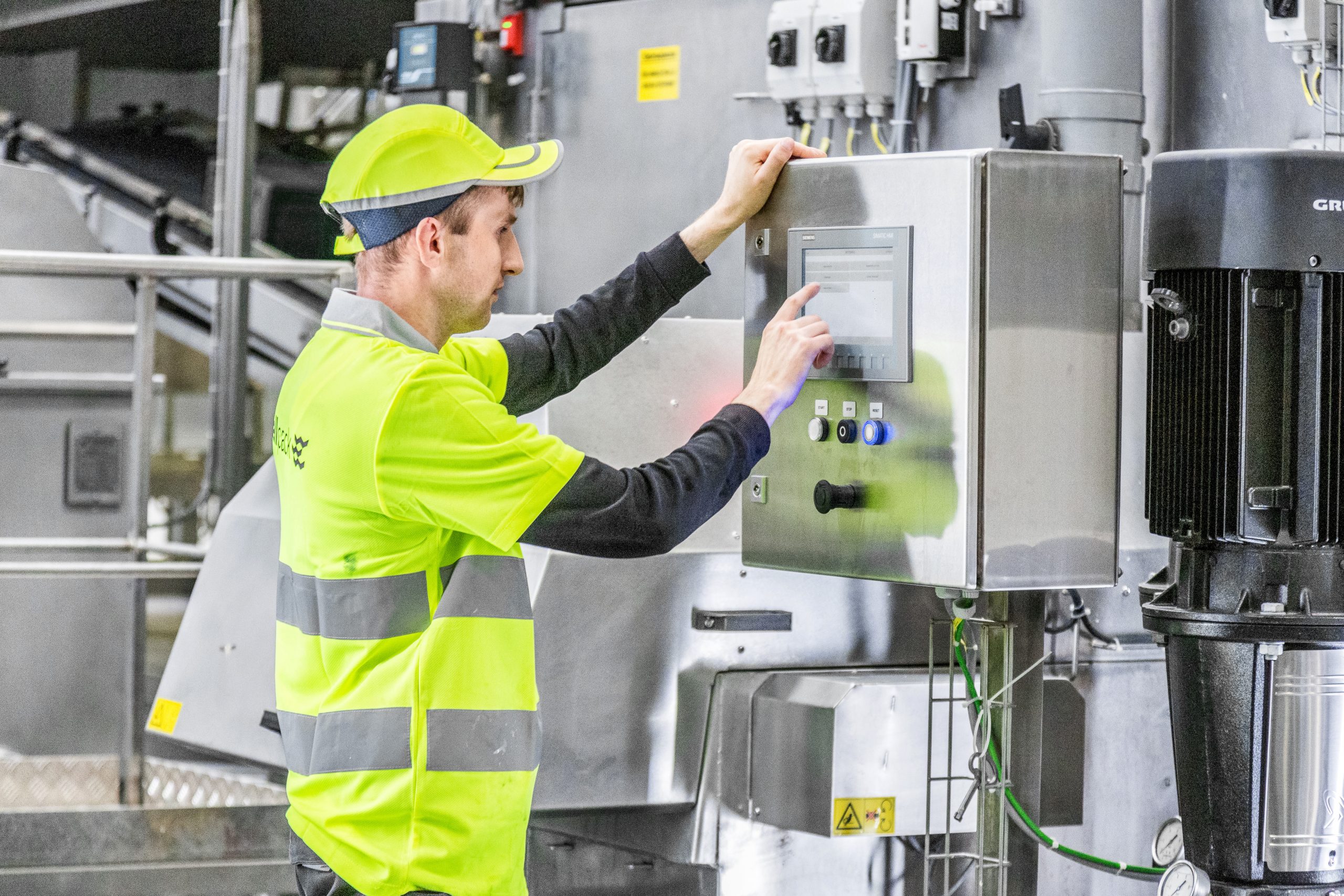Production Safety Is Critical for Brands That Produce Food
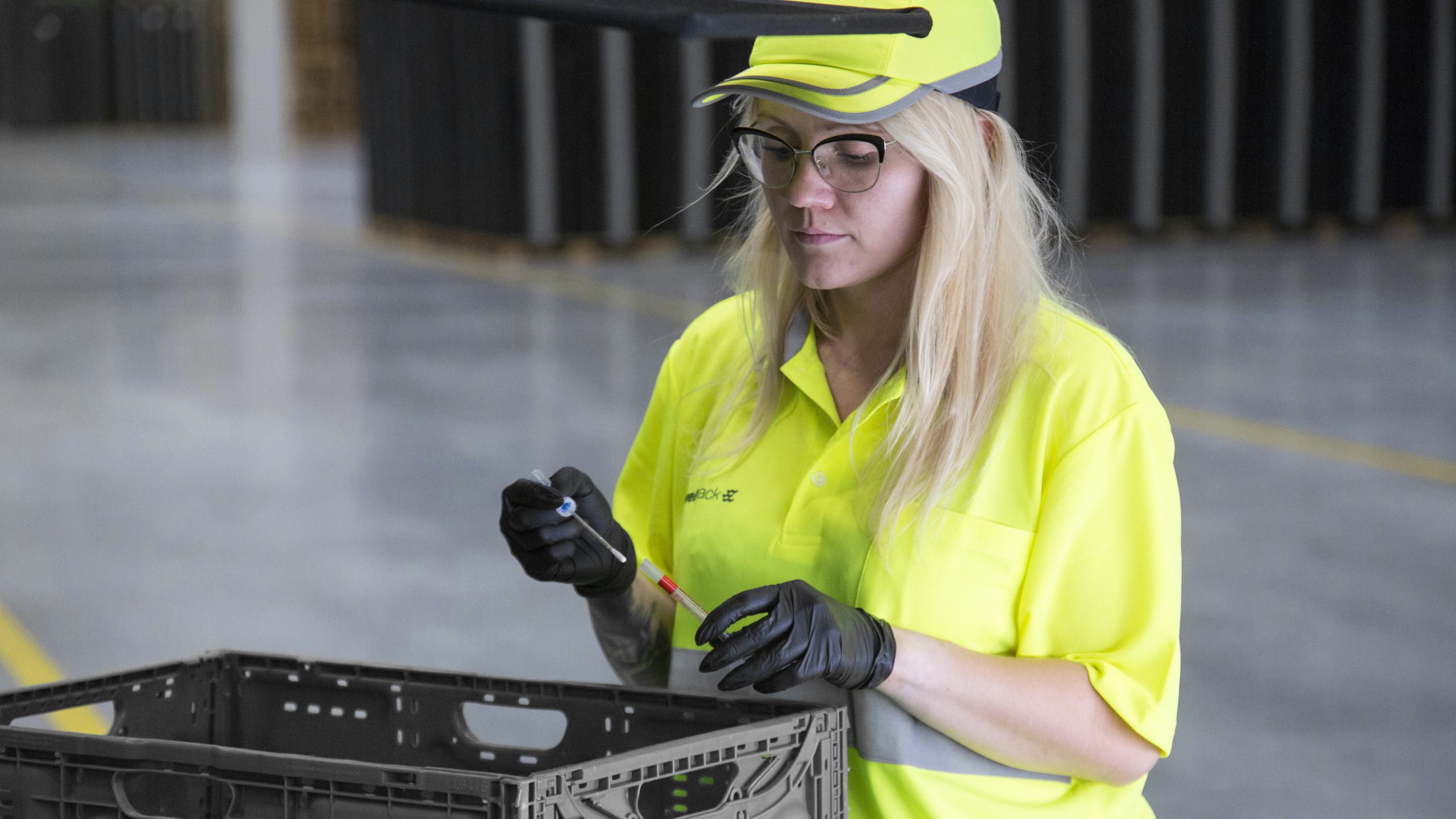
The market reputation can be built for decades but lost in a moment if not enough attention was paid to the hygiene of foodstuff production. To avoid such a situation that is every food manufacturer’s worst nightmare, it is necessary to know everything about your fruit and vegetables origin, processing, and delivery before you put them on your store shelves. And, of course, you need to maintain the highest standards of cleanliness. Regular cleaning of premises, the staff’s personal hygiene, and the process automation can significantly reduce the risks. And it is necessary to control the quality of the food raw materials. Mind that just one rotten plum can spoil the entire batch of jelly, or one poorly washed and dried lettuce leaf can cause mildew in the entire package.
Today, much of our foods travel an average of 1500 miles before it gets to our tables, and at any point of their rout they can be influenced by various factors, from the fertilizer used by the producer up to the carefulness of the tray washing. Processed fruit and vegetables are rather popular among the customers in Europe and the list of the major European production brands and producers includes Bonduelle (France) Cirio (Italy), Kühne (Germany). A well-known Nestlé corporation offers vegetable and fruit baby food while Calvé is famous for its ketchups.
There are lots of examples of brands that suffered because they made a wrong choice and offered unsuitable products. Even such giants as PepsiCo subsidiary Frito-Lay, McDonald’s, Coca-Cola, or Heinz had their failures on the way to success. Frito-Lay had unsuccessful Cheetos Lip Balm and WOW! Chips, McDonald’s failed with the Arch Deluxe hamburger. Coca-Cola tried to introduce New Coke that was met with met with public outrage and lasted only a few months. Heinz’s purple, green, and blue EZ Squirt ketchup turned out to be a fiasco. Of course, all these companies are too huge to be ruined taking a wrong step but if your business is not so large you have to be very careful about all details. There are no small things when it comes to your reputation and you’ll have to think about everything, especially about the cleanliness of your processing area and even about the pallet and tray washing systems.
The Fruit and Vegetable World Market: the Largest Producer Countries
Totally, the world production of fruit is about 800 million tons per year. In fact, consumers usually don’t know where their favorites have come from but even common apples or plums may have different origins.
The largest fruit producers are
- China (20% of all world production)
- India (13%)
- Brazil (6%)
- the USA (4%)
- Indonesia (3%)
Citrus fruit and bananas have leading positions and take the major part in the volume of the fruits produced globally (over 200 million tons and 145 million tons per year respectively.)
Each country has its own specialization. For example, Latin America specializes in bananas while Spain provides global customers with oranges. Poland is a reputable and universally recognized apple provider.
There is also a list of the most popular vegetables in the world. It includes
- Potato. The main producers are China (25% of global market), India (12%), and Russia (9%).
- Tomato. Around 180 million tons of this vegetable came to the markets worldwide each year. The largest global exporters are Spain, Mexico, Netherlands, and Iran.
- Onion. Average annual demand for this vegetable is around 94 million tons. Mainly, it is exported by China, Netherlands, and Mexico.
- Cucumber. Annual demand is around 81 million tons with over 60% of which belongs to China. It is exported mainly from Mexico, the USA, and Spain.
- All kinds of cabbage. The leading exporters are Spain, Mexico, and the USA.
Some other popular exported vegetables are eggplant, carrot, sweet pepper, garlic, lettuce, and spinach. All this foodstuff makes it route being carefully packed in RPC plastic containers to avoid damages before it reaches the place of its destination.
Speaking about Europe, apple is the most cultivated fruit within this area while tomato is the most cultivated vegetable there.
On the Way
It is not enough to grow all these plants but it is also necessary to deliver them from the farm to the shop or processing plant. And at this moment the issue of cleanliness of packaging becomes crucially important. Today, two main types of packaging are used: paper boxes and RPC containers.
RPC has obvious advantages over its paper competitors. It is rigid, water-resistant; it is not prone to bacteria or mildew. You can use each RPC 20-100 times during its lifecycle and you’ll never damage nature by using them as they are absolutely recyclable.
The harvest is delivered from the field up to the plants by trucks. No piece should be damaged. All pieces pass through special processing. They are sized and then carefully washed. After washing, the specialists decide what to do with them. Some of them are dried; the others are canned, frozen, or sold fresh.
The process of handling starts here, at the plants, and clean containers are very important at each step of this process. That is why the issue of pallet washing performed on the modern tray washing equipment becomes crucial.
Processing of Fruit and Vegetables
All these carrots and pears can be eaten fresh or cooked in your kitchen. But there are also lots of other ways to reach buyers in a shop. There are various methods of processing fruit and vegetables like drying, concentrating, heating (e.g., cooking, baking, or frying) cooling, acidification, or fermentation. There can be also used various additives – preservatives.
Sterilization, pasteurization, or aseptic packaging are improved traditional methods that help to get a better result. The potential of some modern methods like photodynamic inactivation or ionizing radiation is investigated now.
Fruit and vegetables are actively used to produce various tasty products. Look at this table to see what can be made from them
| Fruit products | Vegetable products |
| Frozen fruit | Frozen vegetables |
| Jam | Vegetable juice |
| Fruit jellies | Concentrated vegetable juice |
| Pasteurized fruit | Pasteurized vegetables |
| Fruit cheese | Sterilized vegetables |
| Frozen pulp of the fruit | Frozen pulp of the fruit dried vegetables |
| Pasteurised mash | Marinated vegetables |
| Candied fruits | Biological canned vegetables |
| Dried fruit | Vegetable sauce |
| Fruit juice | Other vegetable products |
| Fruit juice powder | |
| Fruit syrup | |
| Low-calorie products | |
| Compote | |
| Marmalade |
Processing Activities at the Plants
To avoid the risk of contamination when treating fruit and vegetables in the production line, it is necessary to introduce extra sanitation measures. First of all, all items must be sorted carefully at their arrival to the plant to eliminate the possibility of the defects that can lead to ruining of other pieces.
The equipment should be sanitized regularly. Leave no chance to the harmful pathogens cleaning each piece. Disinfection is crucially important. Not only premises should be disinfected, but also boxes and containers for storage and transportation shouldn’t be ignored. If you don’t have industrial pallet washers at your plant, it’s better to delegate the duties of washing to those companies that utilize only modern tray washing machines and automatic pallet washers.
Air and water purification should be conducted regularly. All measures on bacteria, mildew, dust, and extra humidity control must be introduced.
The staff must be educated and trained properly to have enough skills to cope with this issue. They need to know how to act to avoid risks. The hygiene must be maintained at the highest possible level. Regular inspections should be provided.
And mind that quality certificates are an obvious must-have. IFS, IFOAM, ISO, or ISPM certificates will prove that your products met the highest standards.
To Sum It Up
To avoid the damage of reputation, any retailer or producer should think about cleanliness and hygiene. And WELL PACK will always take care of your packaging. Washing pallets, we help to maintain the food safety.
If a food company takes a wring step and brings a product of low quality to the market, its reputation will be ruined forever. Consumers will turn away from it and never buy the goods of this brand.
That is why we recommend:
- Check the hygiene situation in your plants regularly.
- Use reusable containers for storage and transportation.
- Introduce automatic pallet washing at your plant.
- If you don’t have capabilities to wash containers properly at your place, contact the specialized companies that are equipped with modern plastic pallet washing machines.
- Clean and disinfect production facilities.
- Control the humidity.
And always make your product quality the top priority!
TAGS: #RPC #RPC crates #RPC Washing

